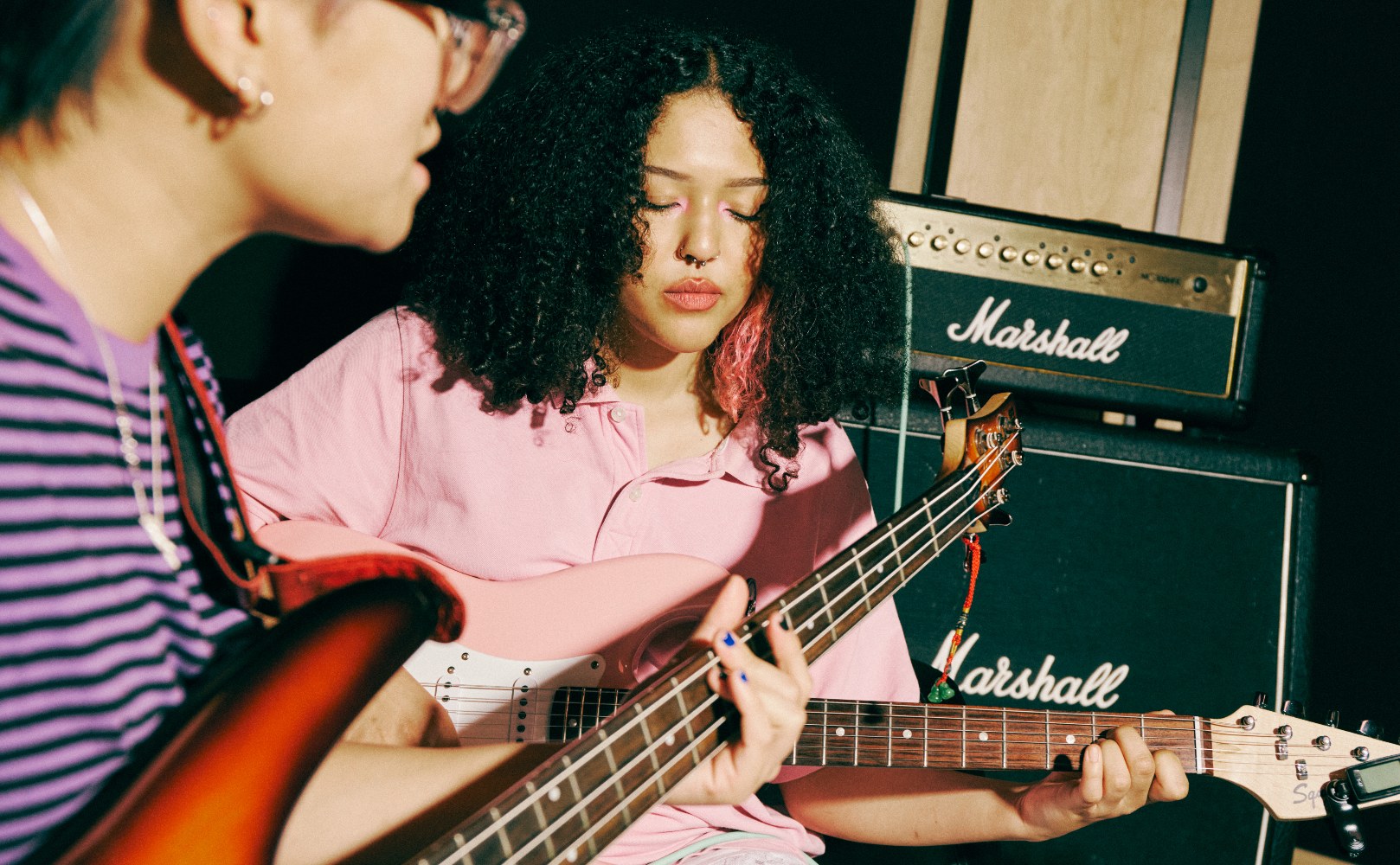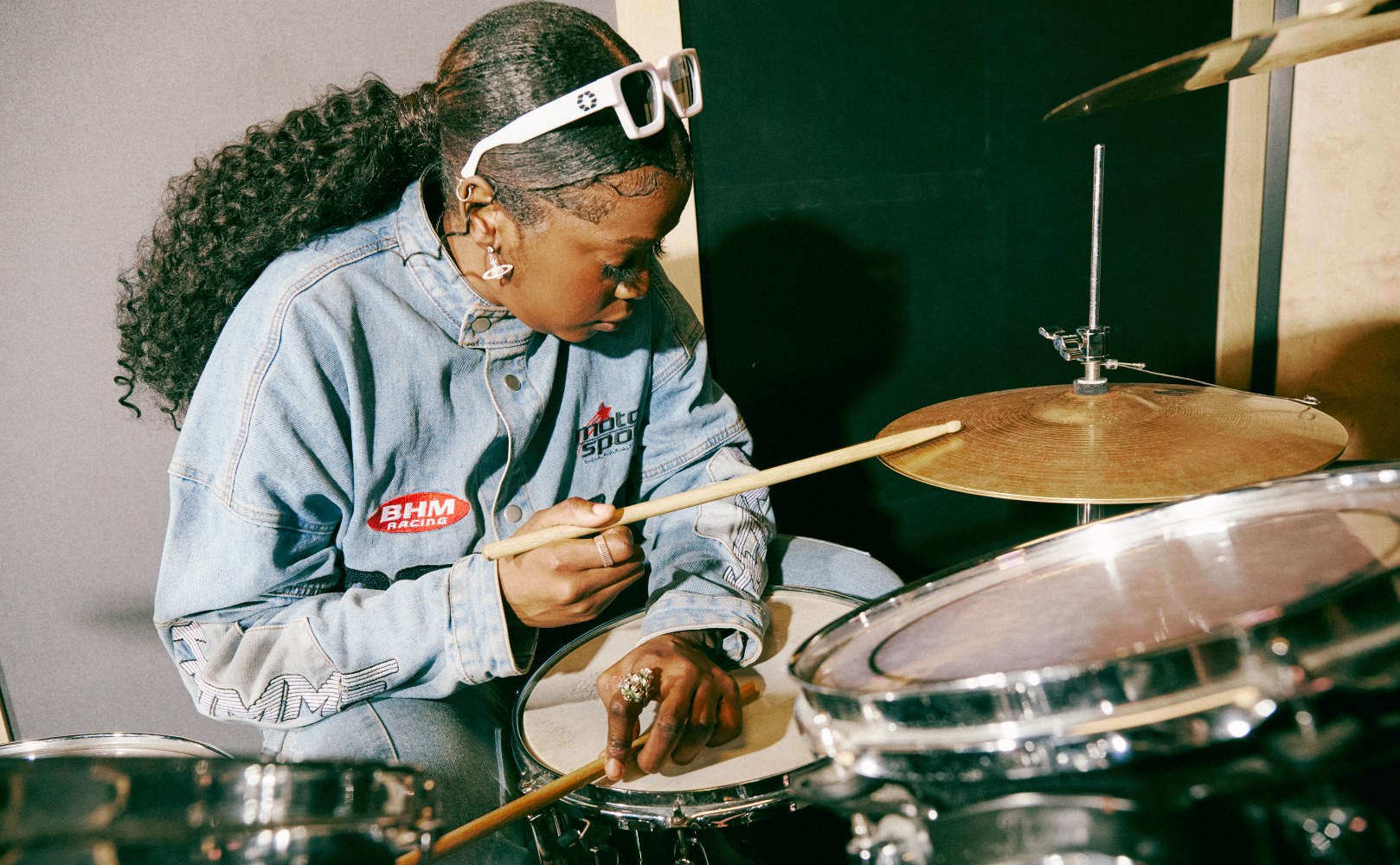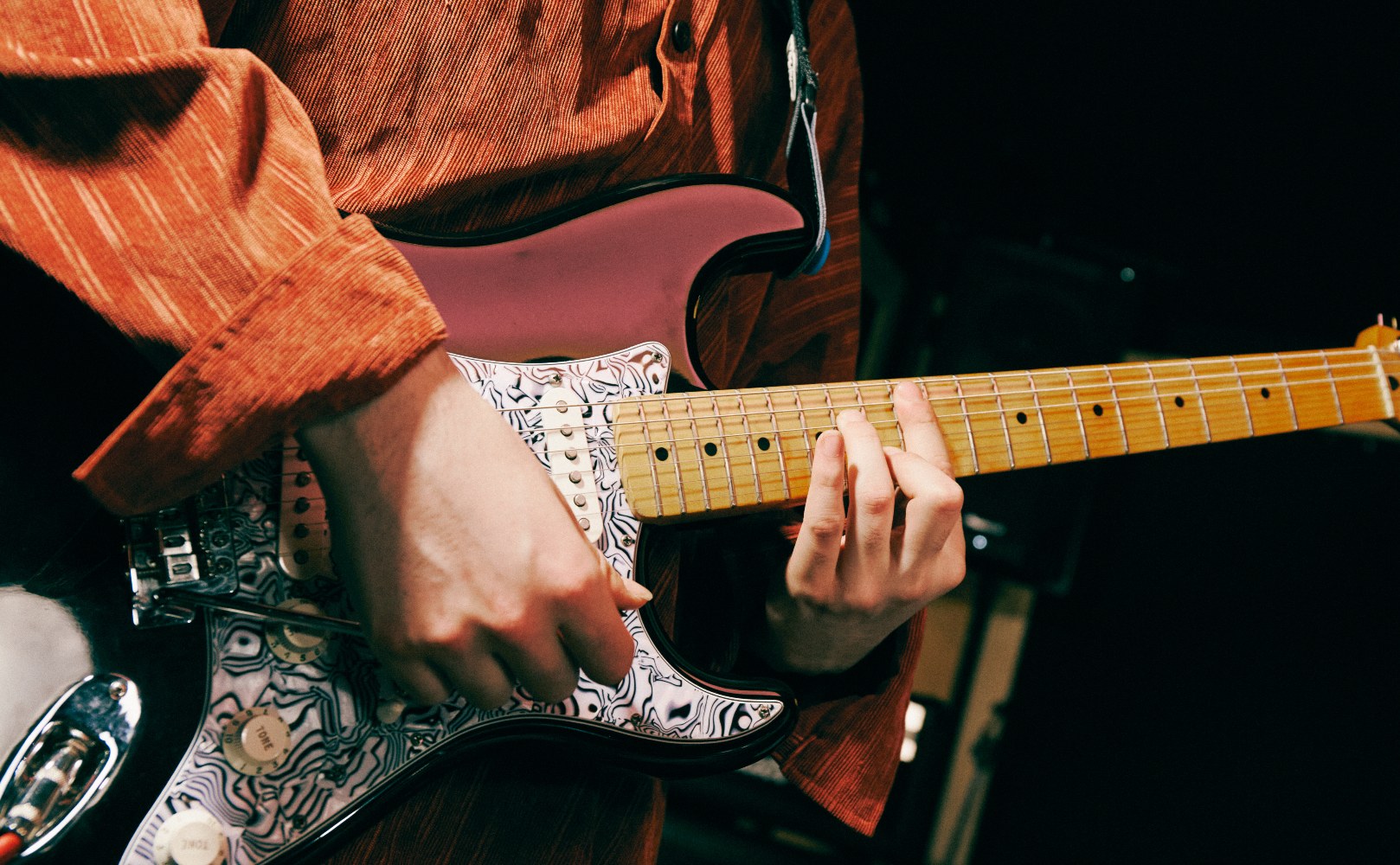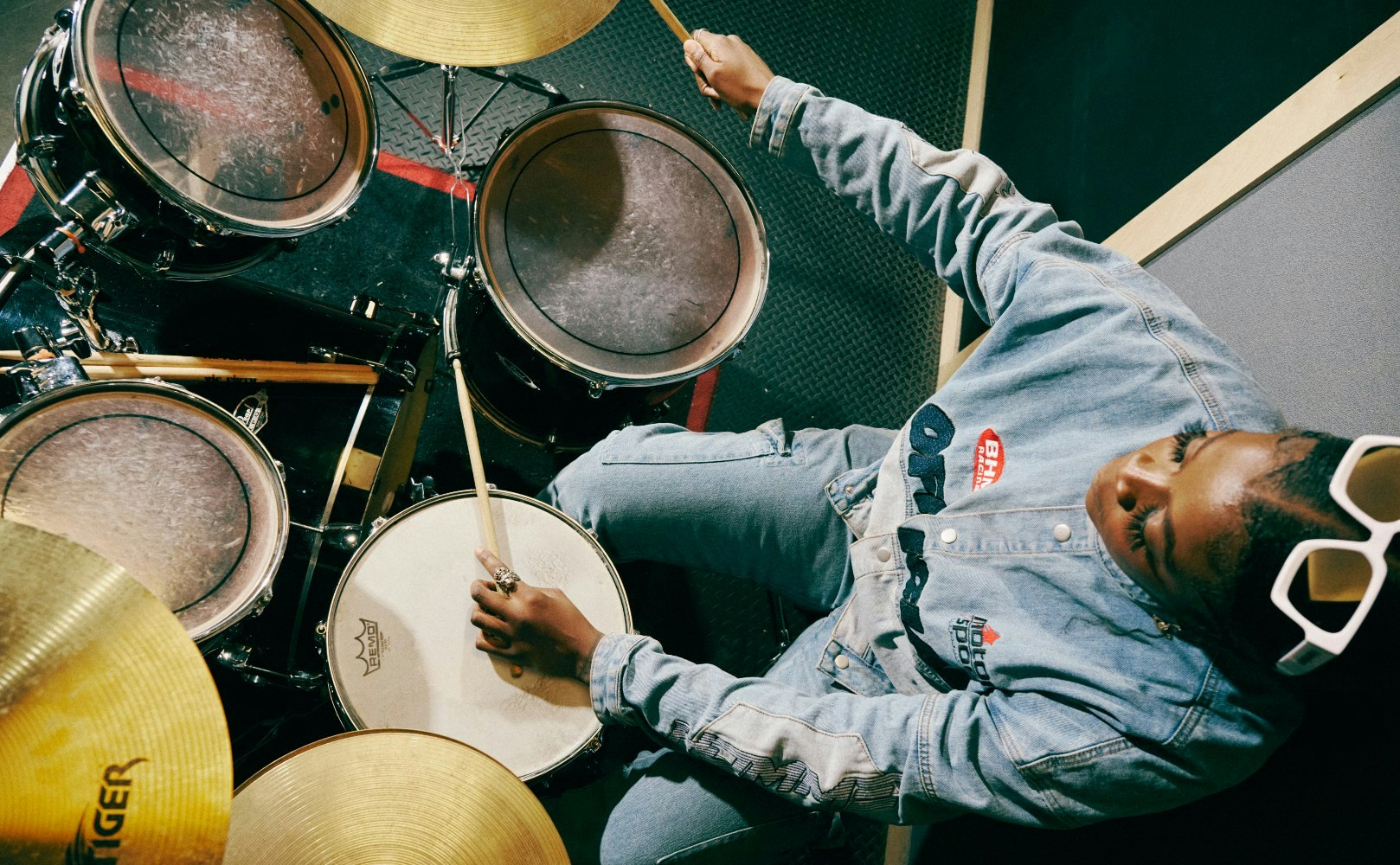
■ Features
Maximise your tax savings with our definitive guide on deductions for self-employed UK music artists.
Yep, it's one of those crucial lessons they never taught you in school, which would have been immensely useful: how to save on your taxes. Perhaps, though, your teachers didn't envision you becoming the evolving artist you are today. Regardless of whether you earn the majority of your income from music, or if you work a full-time job and earn extra cash on the side as a solo performer, session musician, DJ, or music producer, you can significantly reduce your costs by understanding what expenses are legally deductible.
Almost any cost that relates to your role as a 'business' should be scrutinised for potential tax relief. This means you’ll need to consult with your accountant (if you have one) about which expenses qualify, or meticulously review your outgoings yourself if you're managing your tax return independently. Below, we’ve curated a list of costs you may not have realised were tax-deductible expenses — from travel to gear, studio time, and more. Think about it: the money you save on taxes could be invested in your next guitar or plug-in… You can thank me later.

First off, congrats on being your own boss. Doing your own accounting might not be the most thrilling part of working as an artist, but now that you've started earning a bit from your music (which is the goal, right?), it's definitely time to get organised about it. This is crucial to avoid any issues with the taxman and to save as much as you can.
As I mentioned earlier, if you incur a cost related to your music — whether it's for performing, producing, or learning it — you should definitely consider adding it to your expenses. However, this doesn't mean that all costs qualify, nor can personal expenses always be turned into deductions. Another misconception is that taxes only matter in profitable years. This is not true; you can carry forward losses, which is why being organised and maintaining good records of everything is really important.
This is step one in the admin. As soon as you start earning over £1k, you legally have to register as a ‘sole trader’, which is actually fairly straightforward.
For more details on how to register as self employed, dive into these HMRC resources.
In order to claim expenses, you need to have proof of transactions to show that what you're claiming qualifies as a viable cost to your ‘business’. In the old days this would have been an absolute nightmare. But thanks to the miracle of modern technology, this is a lot easier and quicker. At the very least, you can set up a spreadsheet and document everything monthly. But there’s also loads of basic accounting software on offer to help you keep track of everything, categorise it — all automatically integrated with your bank account. So check out the likes of QuickBooks and Xero.
The most common slip-up is to mix personal and business expenses, not carrying forward losses from the previous year, and simply missing out on eligible deductions because of poor bookkeeping. Hence, being organised and having a regular routine will really help.
Every business develops its own system for keeping track of expenses, so find a method that suits you best. If you're the type of person who needs to handle things immediately before you forget, consider setting up a folder for receipts. Each time you make a payment, take a photo of the receipt and drop it into this folder, then make a note in your spreadsheet. Alternatively, you may prefer to sit down once a month and go through your payments. In any case, dedicated accounting software can make this process smoother and easier. You can even set up rules that partially automate this process.
When things start to get complex, a dedicated accountant can be a lifesaver. If you’re bringing in a certain amount, it's definitely worth considering taking the weight off your shoulders so you can focus on the creative stuff. Unfortunately, you'll never be completely free of financial admin, but a good accountant will ensure you're saving where possible and handle most of the boring stuff for you.

Below is a list of a variety of common expenses — it's by no means exhaustive, and there are often rules like ‘if x is used for x’ then it's expensable/not expensable. For example, many believe that meals out count as tax-deductible — but there are rules to prevent people from simply eating out and expensing it, such as only counting as a personal expense when travelling (in a different city from your place of residence). So, do be careful. Buying a meal for an agent, for example, is disallowed by law as this falls under ‘entertainment’. If you’re ever unsure, do Google or seek advice from your accountant. A little more on some common categories below.
Travel is definitely an area where you can save a lot. Any form of travel that applies to your work counts — whether you’re touring locally or internationally, getting to a city for a meeting with your label, a teaching session at a school, or even travelling to your small studio at the end of the garden at your parents' house. Train tickets, airfare, and even Ubers to the venue count, but remember, you’ll need to prove it's strictly for your music business. If you have to transport your equipment separately, that counts too.
Obviously, your gear is crucial for making and performing music, and hardware especially deteriorates over time. So, you’ll need to keep track of maintenance costs (expensable), like some new strings or a pickup for your guitar/getting your turntables serviced. On top of this, you’ll need to keep track of each item’s value — as they fall under the category of capital items. Motor cars (such as a touring van, if that’s your job), computers, and recording equipment all count too. Rules for cars have their own category and are worth looking up independently if this applies to you.
Personal growth counts too! Whether you're attending a workshop in person or taking an online course, these educational expenses can be deductible. So, consider focusing on improving your craft as one of the necessary aspects of your ‘business’. This even applies to CDs, books, or downloads that contribute to learning or research.
The rules are actually a bit strict on professional clothing. Your stage attire might be tax-deductible, but your everyday clothes aren't. The rule of thumb? If it's a costume or specific outfit for performances, you're likely in the clear. Jeans and a tee? Not likely to fly — overcoats; underwear; hosiery; and most footwear cannot be claimed. Dress suits/concert-wear for classical musicians are allowed, so consider having a Thin White Duke era. Dry cleaning and laundry are also allowed. Haircuts, however, are now much more scrutinised, being considered part of day-to-day living costs.
Let's do this one by one…
Health and Fitness
Did you know some fitness expenses might be deductible if they're explicitly for maintaining your stage performance? Not your gym membership or most ‘NHS-available’ treatments, but physiotherapy or performance psychology courses might be if they relate ‘wholly and exclusively’ to business purposes.
Medical Expenses
Vocal cord treatments or hearing checks could be deductible. Certainly, hearing protection can, so go for a premium custom option if you’re working with your ears a lot.
Tips
Technically you do need to submit all cash earnings too. Though the tips you receive may classify as ‘casual earnings’, for which you are allowed up to a £1k allowance.
Union Fees
Membership fees for music unions or associations almost always count.
Home Office Expenses
If you've got a dedicated space for your music biz at home, parts of its upkeep could be deductible — even the sofa.
It’s mandatory to register for VAT if your turnover exceeds the current VAT threshold over a 12-month period, which at the time of writing is set at £85,000. However, you can also register voluntarily if it benefits you, such as allowing you to reclaim VAT on purchases.
Being VAT registered requires you to charge this tax on most ‘taxable supplies’ — gig tickets, merch, tuition, etc. In return, you can reclaim VAT on your purchases. Many things you buy probably include VAT, from equipment, studio hire, and other expenses.
VAT returns do complicate the books a bit and require filing quarterly, so do make sure you seek advice if you need to or are thinking about registering.
So there you have it, this list is your starting point, but be aware that the tax landscape can change — for better or worse, so it's important to keep abreast of developments to ensure you’re always affording yourself maximal benefits.
Regularly reviewing your expenses with a tax professional can help you fine-tune your deductions. Stay informed, stay organised, and get financially savvy so you can invest more time and money into your music. Oh, and yes, do try and keep receipts.

Travel Expenses
Equipment and Maintenance
Studio and Rehearsal Space
Marketing
Performance Costs
Education and Training
Business Expenses
Home Office/Studio Expenses (applicable if a room in your home)
Health and Fitness
Tax-Related Expenses
Miscellaneous
